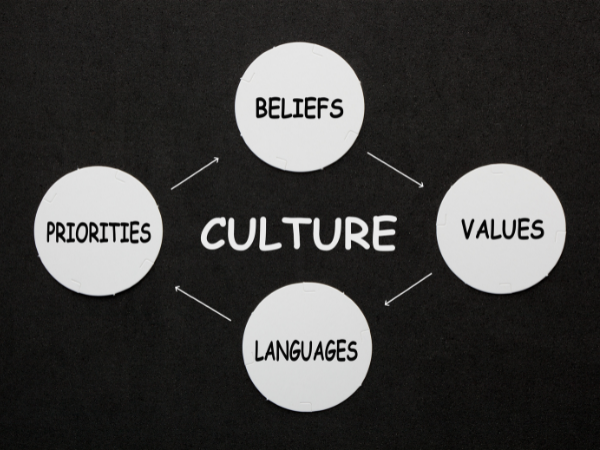The Basics of Lie Detection
WE all are a bit familiar with the basics of Lie Detection. However, in today's post we are going to have a look at Lie detection across different societies. I find it fascinating how the hunt for truth is approached so differently, yet we all seek the same goal. Finding the truth.....
For those who are not so familiar with lie detection tests, a quick overview of the basics for lie detection tests.
Lie detection tests are designed to measure the physiological changes that occur when a person tells a lie. These tests typically measure a person's blood pressure, heart rate, and respiration rate. When someone lies, these physiological changes occur, and the test detects them. However, it's worth noting that not all changes in physiological responses indicate lying.
Lie detection tests can be used in criminal investigations, employment screenings, and other situations where the truth is essential. However, their accuracy is debated, and many people believe that they are not reliable.
Cultural Beliefs and Lie Detection

Cultural beliefs and practices play a significant role in how different societies perceive and use lie detection. Some cultures believe that lying is acceptable in certain situations, while others view it as a severe offense. Therefore, the way people view and use lie detection tests also differs.
The United States
In the United States, lie detection tests are commonly used in criminal investigations and employment screenings. The accuracy of these tests is hotly debated, but they remain a popular tool for determining guilt or innocence.
In the US, there are different types of lie detection tests, including the polygraph and the voice stress analysis. However, both of these tests are controversial and not admissible in all courts.
China
In China, lie detection is used primarily in employment screenings. However, Chinese culture tends to focus more on the psychological aspects of lie detection. Therefore, tests that measure changes in physiological responses are not as common.

Instead, Chinese employers may use techniques such as asking trick questions, observing body language, and conducting background checks to determine if a candidate is lying.
Japan
In Japan, lie detection is viewed with suspicion, and its use is rare. Instead, Japanese culture emphasizes building trust and communication to determine the truth.
In Japan, the concept of "honne" and "tatemae" is essential. "Honne" refers to a person's true feelings or intentions, while "tatemae" refers to the feelings or intentions that a person displays to others. Japanese culture values honesty and integrity, and people are expected to be upfront about their "honne."

India
In India, lie detection is viewed with skepticism, and its use is limited. Instead, people tend to rely on traditional methods such as astrology and numerology to determine the truth.
In Indian culture, there is a belief in karma and reincarnation, and lying is considered a violation of dharma, or the moral order of the universe. Therefore, people are expected to be truthful, and there is little need for lie detection tests.
Accuracy of Lie Detection Tests
The accuracy of lie detection tests varies depending on various factors, including cultural beliefs and practices. However, research shows that even in the United States, where lie detection is most commonly used, the accuracy of these tests are not perfect.
Many factors can affect the accuracy of lie detection tests, including the skill of the examiner, the type of test used, and the individual being tested. Therefore, it's essential to use lie detection tests in conjunction with other methods to ensure their effectiveness, as well as an experienced examiner.
Lie detection tests have been used for years to determine the truth in various situations. However, the accuracy of these tests varies depending on cultural beliefs and practices and has to be approached differently, hence why making use of a professional examiner is vital, and it's crucial to consider cultural factors when using lie detection tests to ensure their effectiveness.
Additionally, it's essential to use lie detection tests in conjunction with other methods to ensure accurate results.
And of course if you are seeking an experienced examiner, contact Lies2Light.co.za.
